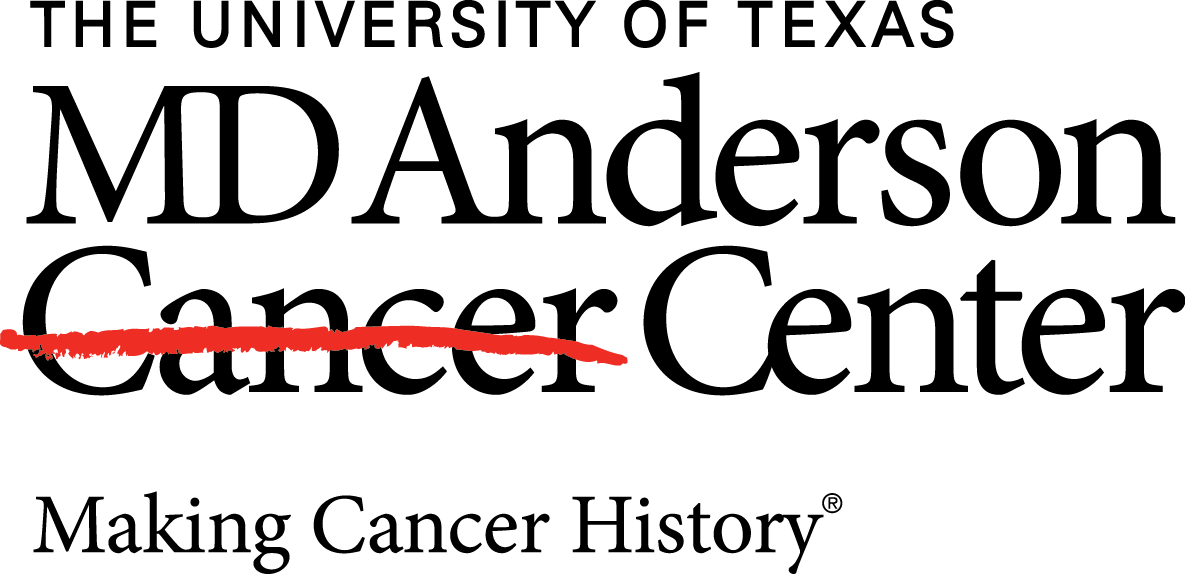Glossary
CAR-T cell therapy: a type of cancer immunotherapy where a patient's own T cells are genetically engineered in a lab, allowing them to specifically recognize and kill cancer cells when reinfused back into the patient.

Dr. Sattva S. Neelapu discusses how the CAR-T therapy Yescarta impacts the quality of life of patients with R/R indolent non-Hodgkin lymphoma.
Dr. Sattva S. Neelapu, a professor and deputy department chair in the Department of Lymphoma/Myeloma, Division of Cancer Medicine, at The University of Texas MD Anderson Cancer Center, in Houston, as well as a member of Graduate Faculty, Immunology Program, Graduate School of Biomedical Sciences, at The University of Texas Health Science Center, also located in Houston, sat down for an interview with CURE®.
In the interview, he expanded upon how the CAR-T cell therapy Yescarta (axicabtagene ciloleucel) impacts the quality of life of patients with relapsed/refractory indolent non-Hodgkin lymphoma, including follicular lymphoma, in the long term. Additionally, in the interview, he delved into data from the phase 2 ZUMA-5 trial which examined treatment with the CAR-T cell therapy. Investigators found that treatment with Yescarta continued to demonstrate durable responses after a median follow-up of more than five years. These updated data also showed long-term survival in patients with relapsed/refractory disease. Additionally, no new safety signals were reported.
CAR-T cell therapy: a type of cancer immunotherapy where a patient's own T cells are genetically engineered in a lab, allowing them to specifically recognize and kill cancer cells when reinfused back into the patient.
Notably, these data were shared at the
One appealing thing about CAR-T cell therapy is it's a one-and-done therapy. Patients receive a one-time infusion. The adverse effects which might develop, such a cytokine release syndrome and neurological toxicities — if any — tend to occur within the first two weeks after the infusion, during which time the patients are closely monitored.
Usually by the one-month time point, or with the first two to three months, their quality of life returns back to the baseline, if not even better than baseline, because now they don't have disease-related symptoms.
Transcript was edited for clarity and conciseness.
For more news on cancer updates, research and education, don’t forget to